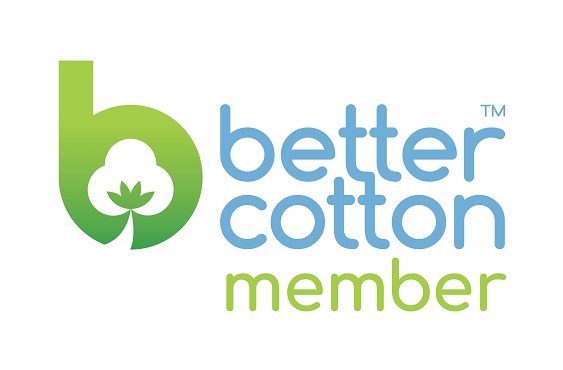I-REC Renewable Energy
I-REC (Renewable Energy Certificate) is developed by RECs International. It is a type of certification that proves the electricity used by a company is obtained out of renewable energy sources. Green Energy Certificate is internationally recognized, transparent and traceable.
ISO 50001:2018 International Organization for Standardization
ISO 50001 Energy Management System, helps create and maintain the processes and systems that are determined by energy experts such as; creating an energy management system, saving energy, decreasing energy expenses and encouraging raising awareness towards the environment.
Energy Management System helps companies to manage the energy use sustainably and efficiently.
Energy Management Systems achieve:
OCS Certificate
The Organic Content Standard (OCS) is an international, voluntary standard that sets requirements for third-party certification of certified organic input and chain of custody. The goal of the OCS is to increase organic agriculture production.
Objectives of the OCS
GRS Certificate
The Global Recycled Standard (GRS) are international, voluntary standards that set requirements for third-party certification of recycled input and chain of custody. The shared goal of the standards is to increase the use of recycled materials. The GRS includes additional criteria for social and environmental processing requirements and chemical restrictions.
Objectives of GRS
Better Cotton Initiative (BCI)
Cotton is an undeniably one of the most important renewable natural resource but the future of cotton production is vulnerable to poor environmental management, poor working conditions and unstable markets. In order to secure the sustainable future of the industry BCI: Better Cotton Initiate organization was established in 2005. BCI operates as a not-for-profit organization and exists to make global cotton production better for the people who produce it, better for the environment it grows in and better for the sector’s future. Being an important benchmark, BCI works and connects people and organizations across the cotton sector from field to store, to promote measurable and continuing improvements for the environment, farming communities and the economies of cotton-producing areas. The Better Cotton Standard System is designed to ensure the exchange of good practices, and to encourage the scaling up of collective action to establish Better Cotton as a sustainable mainstream commodity.
BCI System covers all three pillars of sustainability: environmental, social and economic, incorporates the following 6 principles representing global understanding of Better Cotton:
Being aware of the fact that doing business must be with respect towards the environment and well-being of the people, KIVANÇ operates within the innovative and sustainable environmental approaches at all stages of its production and aims continuously increasing its Better Cotton consumption.
